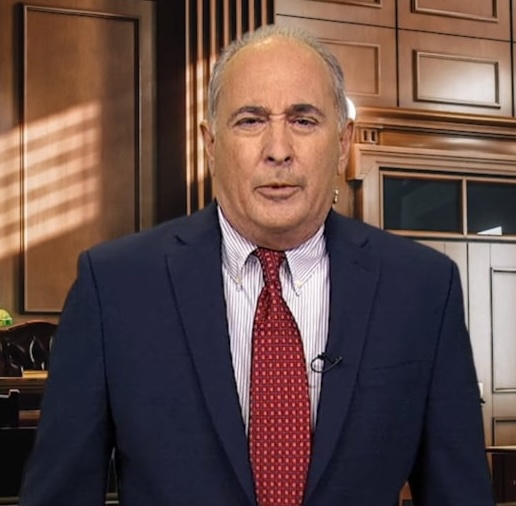
It is normal of course to feel upset by the prospect of getting divorced. You can basically get a Florida divorce by asking the court to grant it, (i.e. you do not have to prove much of anything). You do have to show though that one of the parties has resided in Florida for at least the six month period immediately preceding the filing of papers. Also, the marriage must be "irretrievably broken". (a Judge can order counseling before granting the Florida dissolution of marriage but that is pretty rare).
Most people want to get through the Florida divorce process with as little aggravation as possible, especially where children are involved. There are basically two types of Florida divorces, contested and uncontested. Uncontested means that everything is agreed to by the parties, including but not limited to child support, timesharing with minor children, who's going to pay for health insurance and uncovered medical expenses, life insurance so that there will be money for children if a parent dies, division of property, division of debts, alimony, (or waiver of alimony) and all other issues that pertain to a particular matter. A contested Florida divorce is where one or more issues cannot be resolved between the parties and the Court has to decide these issues in a trial without a jury.
It is usually much less expensive to have an uncontested Florida divorce because the lawyer, as a general rule, knows about how much time they will have to devote to preparing the paperwork to conclude the matter. In a Florida uncontested divorce many lawyers will quote a flat fee for their services, as opposed to charging on an hourly basis as they do on a contested matter. In an uncontested matter the lawyer needs to draft a settlement agreement pursuant to the parties wishes, as well as a Petition for Dissolution of Marriage, Financial Affidavits and other paperwork. (except that in simplified dissolutions you don't need to do a financial affidavit) Everything will be presented to the Court at a hearing which usually only lasts about five minutes. Usually only one party need attend the hearing.
Contested Florida divorces, where lawyers generally charge by the hour, are more expensive. At the beginning of the case the lawyer generally cannot do any more than estimate what the total fees will be. The reason for this is because the lawyer does not know, and in fact the parties do not know when they start, whether they will end up settling the matter is short order, or the case will drag on for months if not longer before it is either settled or tried before the Court. Mediation is the process by which the parties and their lawyers meet with a neutral party to discuss ways of resolving the issues at hand. Florida divorce mediation, although it does not usually take place until a lot of work is done on the case, does help in resolving many difficult situations that would otherwise go to trial. The bottom line is that in a contested Florida divorce, the lawyer keeps track of their time as the matter proceeds, and bills accordingly on an hourly basis.
Obviously it saves the parties a lot of time and money and aggravation if they can sit down with each other during the course of one or more meetings to work out their differences. If they are successful they can then present the agreement to the lawyer to draw up. Even if this cannot be done at the beginning of the case there is always the option to settle anytime before the trial situation. (and sometimes during trial) Both parties need to understand that neither one of them is "running the show", and that the Judge will have the final say if they cannot reach an agreement on issues. Obviously, if there is violence between the parties a settlement conference may not be the best idea.
Each party further needs to understand that matters can be done the easy way, i.e., by settlement, or the hard way, i.e., by paying lawyers and having the Judge decide how things are going to be. Neither party should feel that they can tell the other the way things are going to be, and conversely neither party should feel that they have to beg the other party to see their position. If substantial progress is not being made towards settlement, perhaps it is time to terminate the discussions and have a lawyer do their job.
Sometimes the only language that one of the litigants understands is a Court Order. And sometimes when a party sees that the other has gone to the bother of hiring a lawyer and serving papers, they are more inclined to make a fair settlement offer. Quite often though, an agreement fashioned by the parties is better than anything that a Court could come up with, and is sometimes easier to live with because it is not imposed by a third party. However, one should not settle for a lot less than they are entitled to just to get the matter over with quickly. Lots of people lose valuable rights either because they can't hang in there when the divorce is unpleasant, or because they don't know their rights as they haven't spoken with a lawyer.

